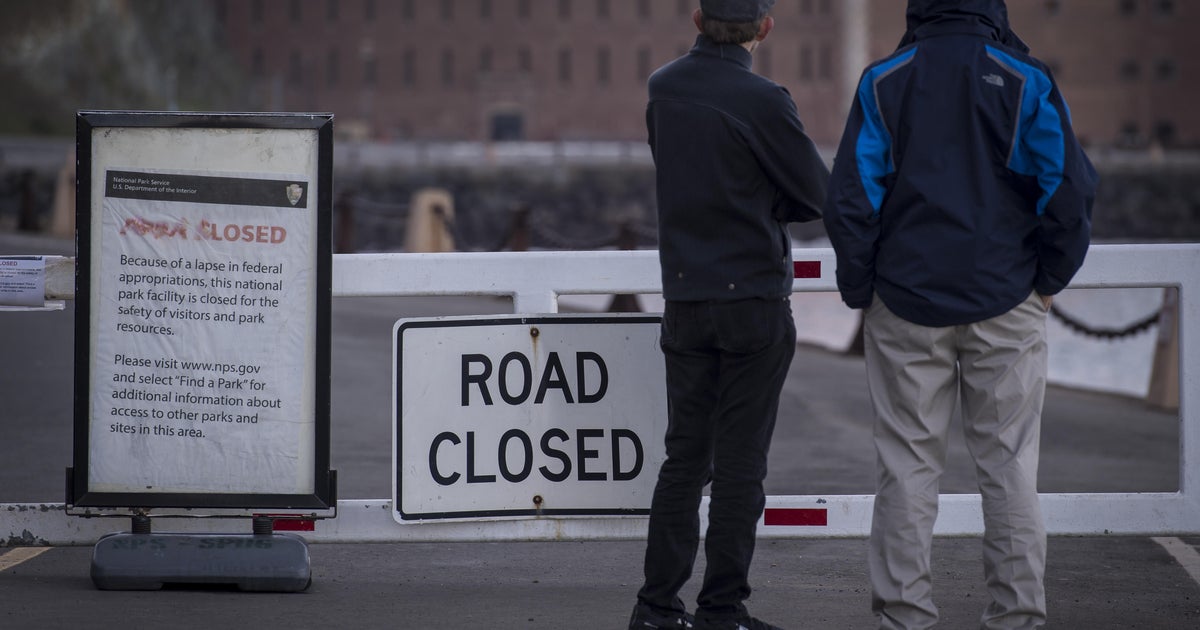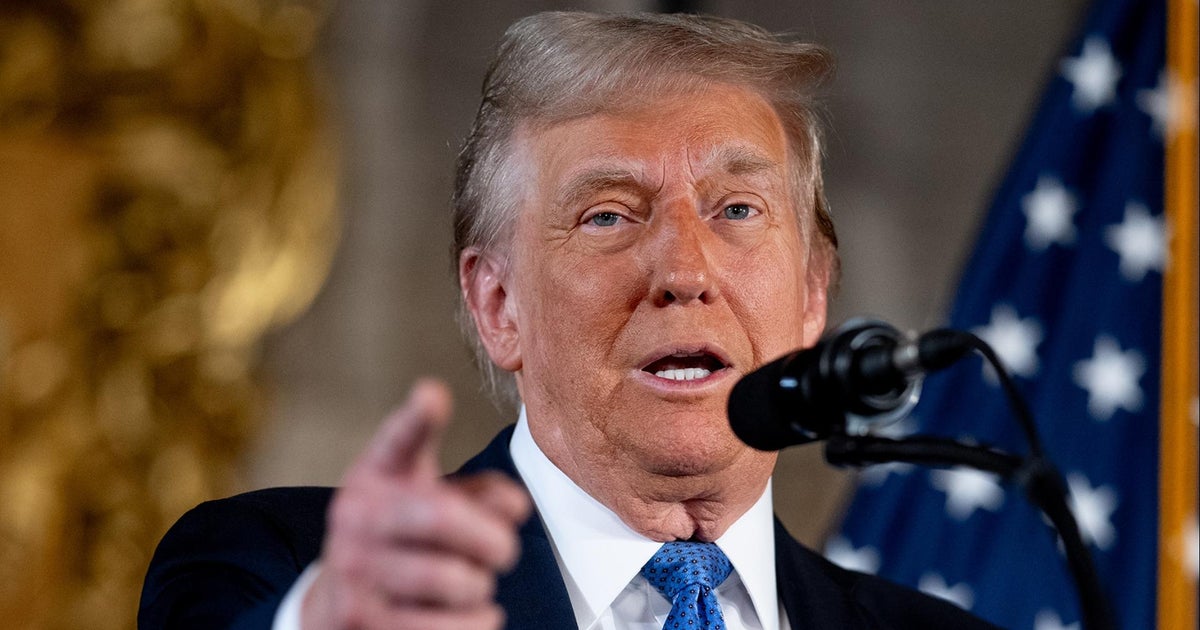Trump awards Medal of Freedom to tax-cut guru Arthur Laffer
President Trump on Wednesday awarded the Presidential Medal of Freedom to conservative economist Arthur Laffer, a former adviser to President Ronald Reagan who also laid the the intellectual foundation for Mr. Trump's 2017 tax cuts.
Laffer is known as one of the main architects behind the idea of "supply-side" economics, which gained popularity under Reagan in the 1980s. His theory, the "Laffer Curve," contends that fewer regulations, and especially lower tax rates, tend to spur economic growth, jobs and investment. Laffer also advised British Prime Minister Margaret Thatcher on fiscal policy.
The Presidential Medal of Freedom is the nation's highest civilian honor.
Many critics, including liberal and progressive economists, dismiss Laffer's theory and argue that cutting taxes doesn't spur growth. Others deride supply-side thinking as "trickle down economics" that enrich the wealthy and corporations at the expense of the middle class and the poor. In 2012, Laffer advised Kansas to slash taxes for the state's top earners to jump-start its economy. Instead, the state ran up significant deficits.
The 78-year-old Laffer has been supportive of Trump and especially his tax cuts passed into law in 2017. He even co-wrote a book titled "Trumponomics: Inside the America First Plan to Revive Our Economy."
But Laffer hasn't agreed with everything Mr. Trump has pushed as president. Last year he warned that a global trade war sparked by U.S. tariffs would be "a disaster" that would undo the economic benefits of GOP tax cuts.
In an interview with Elaine Quijano on CBSN's "Red & Blue," Laffer said a trade war would be a "curse" on the U.S. and global economy.
"If it became a trade war, it would be a disaster -- it would offset the benefits of the tax cuts," Laffer said. "It would be very damaging to both the U.S. and the rest of the world. It really would be just a curse on all the economies in the world."
While Laffer said at the time he did not believe a trade war is in the cards, the scenario remained "a legitimate risk," he said.




